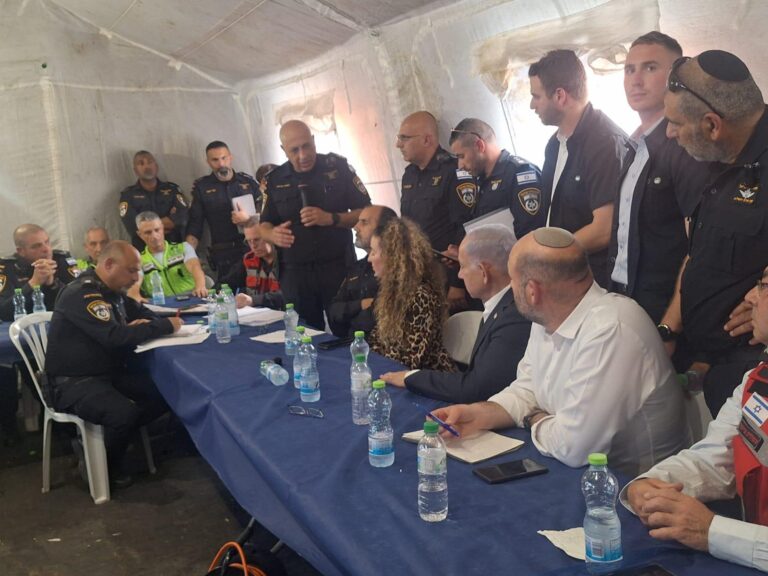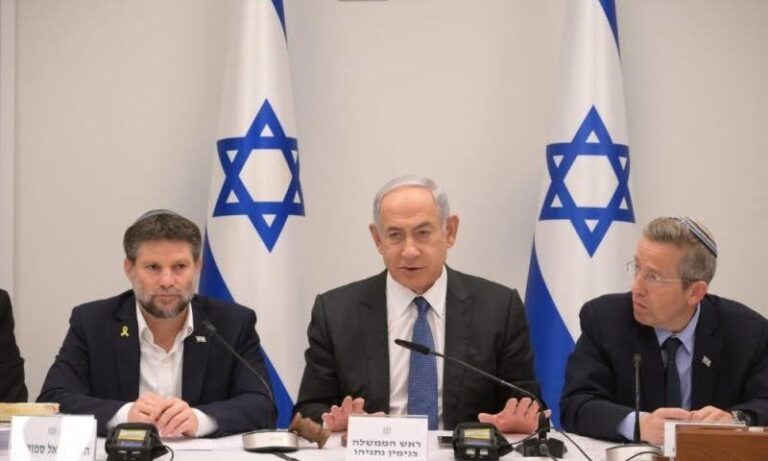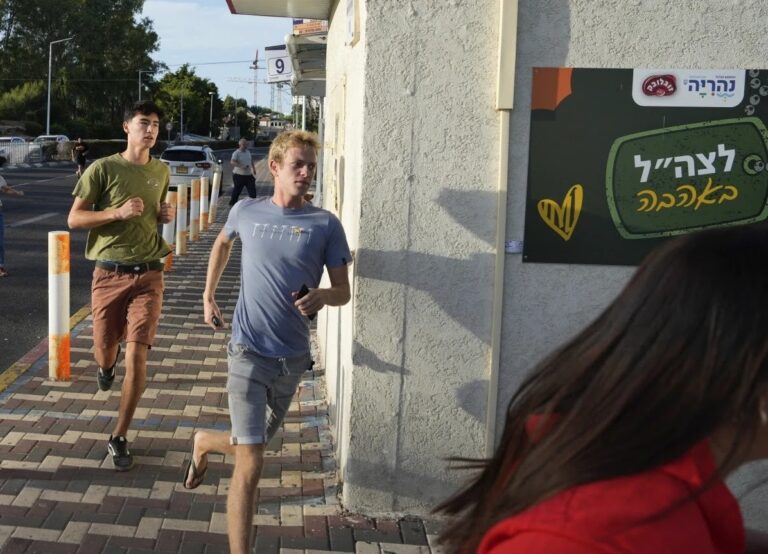The lobby of the Holiday Inn in East Windsor had been transformed from a hotel into a feast of colors and sweets. Pinks, blues, greens and purples greeted the families as they stepped out of the cold and into Chai Lifeline’s annual haven from the stress and sadness of cancer and other pediatric illnesses, the LH Financial Services Annual Winter Retreat.
Out of nowhere, counselors descended, whisking suitcases to handsomely appointed hotel rooms and taking children by the hand to a world of fun and games. Chai Lifeline’s case managers greeted mothers and fathers and warmly invited them to the dining room, where they shed the pressures of the outside world for one glorious weekend.
Rabbi Mordechai Gobioff, Chai Lifeline’s director of client services, set the tone for the weekend. “We are a diverse group, but when we come together we can be stronger,” he said during the break between kabbalas Shabbos and Maariv. Indeed, as the group of 500 parents, children, and Chai Lifeline staff and volunteer counselors gathered to welcome Shabbos, the differences disappeared as parents peered at their neighbors and recognized the look of another mother, another father, forced to spend countless days in the hospital with a young child.
The hallmark of the weekend retreat is not just the sumptuous meals and the camaraderie that develops. The organization invites leading rabbonim, therapists, and thinkers to the retreat, offering parents a unique opportunity to be inspired by the experts and their peers. Renowned clinical psychologist Dr. David Pelcovitz offered practical guidance, answering a few of the many “Frequently Asked Questions” meant to stimulate discussion throughout the weekend. Touching on issues of children, family, marriage, and self, he instilled a sense of possibility to sometimes overwhelmed parents, assuring them that they and their children could find ways to cope through the difficulties of illness.
With Dr. Pelcovitz’s words still fresh in their minds, the parents divided into groups for the first of their specialized, therapist-facilitated support groups. There, behind closed doors, they shared their stories, hopes, fears, and questions.
The relief on the faces of many was apparent as they returned to the festively decorated ballroom for desserts.
“I finally got to ask the question that’s been on my mind for months,” admitted Esther*. “Since she got sick, my daughter has only met children who have died. A child from her Camp Simcha circle of friends recently passed. A child in her school died last year. Even her roommate (from Chai Lifeline’s recent Ohr Meir-sponsored Disney trip) has a dire prognosis. How do I help her maintain a sense of optimism? Until now, no one’s had any ideas.”
“Was the group helpful?” asked another parent. “Definitely” came the answer.
While the room was buzzing with new friendships and the rekindling of ones established in hospital corridors and Chai Lifeline events, parents agreed that it was more than just talk.
“There’s a lot of reflection in the groups. The therapists are really important in helping us go from talk to understanding.”
Shabbos day began with a very special davening. One child, who had missed his Bar Mitzvah due to illness, celebrated his first aliyah as a young adult with his friends and counselors present, and a Chai Lifeline staff person named his infant daughter. Rabbi Simcha Scholar, the organization’s executive vice president, noted both occurrences in his drasha.
“Everyone here remembers the date, the day, when their child was diagnosed. Life changed at that point. But our lives are also filled with celebrations,” he reminded the group.
UNITY IN THE FACE OF CHALLENGE
The weekend’s theme was “Unity in the Face of Challenge.” As the families came closer together in the course of the Shabbos and joyous melava malka that followed, it was obvious that the relationships made and renewed were already having a positive impact on mothers and fathers. As counselors whirled children around the dance floor to the music of Dovid Gabay and Mizamrim, parents dined at tables, continuing discussions begun during support groups or at the inspiring dual shalosh seudos presided over by Rabbi Aaron Lopianski, the weekend’s scholar-in-residence, and Mrs. Chani Juravel, a prominent therapist and speaker.
“I really feel that this weekend has made me a better person,” Ben reflected. “I’ve been able to help other people and understand myself better.” Another father in his group expressed anger that friends had stopped calling after his child was diagnosed. “I have a friend whose child was diagnosed eight weeks ago. I’ve been in his shoes and I was still afraid to call. I don’t know what to say. As this father spoke, I realized how all my friends felt three years ago, when my boy was going through it. Being able to see myself on the other side made a difference to me, and to the other father.”
*The names of all participants have been changed to protect their privacy.
YWN PHOTO LINK: Click HERE for photos.
(YWN World Headquarters – NYC)











